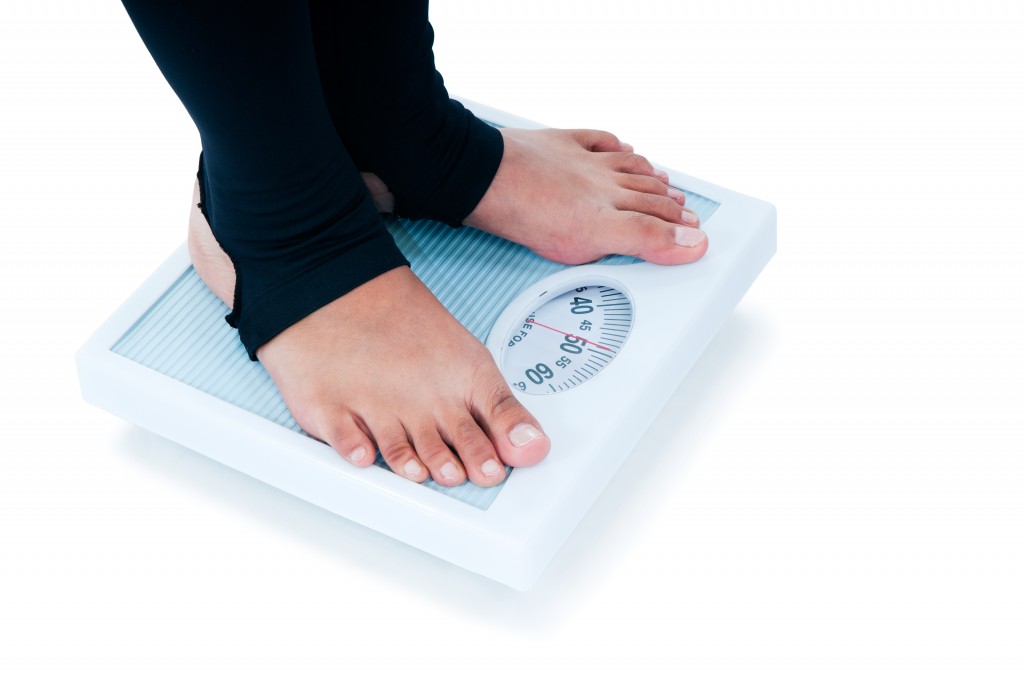Modern society places a lot of importance on weight. And while it’s easy to assume that this is tied to appearances, there’s a deeper implication of weight in modern society. As science and medicine progress, we have found that weight isn’t just connected to ‘looking good.’ A healthy weight means lesser chances of developing health risks and is something that we should carefully pay attention to.
What Is a Healthy Weight?
A ‘healthy weight’ is something hard to define and best left for your doctor to decide. There isn’t an ideal weight for everyone, as different factors play an important role in deciding whether your weight is healthy for you. These factors can be height and weight, sex, body shape, or even muscle to fat ratio.
However, there are ways to see have an understanding of what your ideal weight should be. Below are the four most common ways of finding out.
Body Mass Index
One of the most common ways of determining your ideal weight is the Body Mass Index or BMI. In this method, your weight (in kilograms) is compared against your height (in meters). The higher the result, the more likely you are overweight and the lower the result, the more likely you are underweight. There are many BMI calculators available on the Internet, but devices test your BMI found in fitness gyms and weight loss clinics. BMI is among the most common ways of finding out the ideal weight, and it is often used in health check-ups and other similar tests.
However, the reason there are many ways to measure the ideal weight is science still has not fully agreed on a unifying way to measure it. There are too many factors involved, and some methods carry downsides. One such downside for BMI is that it’s not exactly accurate for everyone. Athletes tend to score a high BMI, despite having little body fat.
Waist-to-Height Ratio
Midsection fat is a great indication of health. It is often connected to increased risk for different diseases, such as cardiovascular diseases and even diabetes. Thus doctors measure the waist to height ratio as it is a great indicator of health. Waist to height ratio (often abbreviated to WhtR) is even used to evaluate chances of disease and even mortality.
To measure WhTR, one needs to take the circumference of their waist and then divide it by their height, both in inches. If the result is less than half of their height, then they are in good health. While this is an effective method, especially in assessing risks of disease, it does not consider the hip size.

Body Fat Percentage
Another method of finding out the ideal weight is by looking at your body fat percentage. A wide girth isn’t the only indication of how much fat we have in our bodies, as it is still dependent on our lifestyle, fitness level, sex, and diet.
The relationship between muscle and fat in maintaining a healthy weight is important. Muscles weigh much more than fat while consuming less space. This is often why athletes would get an inaccurate BMI result. Another fact to keep in mind is that women tend to store more fats despite eating the same amount of calories as men.
Body fat percentage can be calculated through the use of special calipers that are used to measure the folds of the skin. This is best left to the professionals as this requires training. However, some sensors can measure body fat.
Different Ways, Same Results
Losing weight is often a goal for many, and if it is yours, it’s best to check with your doctor to make sure that nothing is amiss. However, even by yourself, you can do these things to help improve your health.
- Exercise regularly. Exercise shouldn’t be absurdly difficult or boring. Even light exercise goes a long way in its positive effects on our body, so consider going on light jogs at least every other day. There are ways to make exercise fun, such as augmented reality apps that can help you lose weight.
- Eat all the colors of the rainbow. A healthy and balanced diet is necessary to meet all of our nutritional needs. Eat as many different kinds of fruits and vegetables, stay away from concentrated sugars and heavy carbs.
- Avoid stress. Stress often has a direct impact on our weight. It varies from person to person, but staying away from stress often means reducing the risk of many diseases associated with it.
You can reach your ideal weight if you put your mind and use the right strategies to it. Strive hard and do your best to stay fit and healthy.

